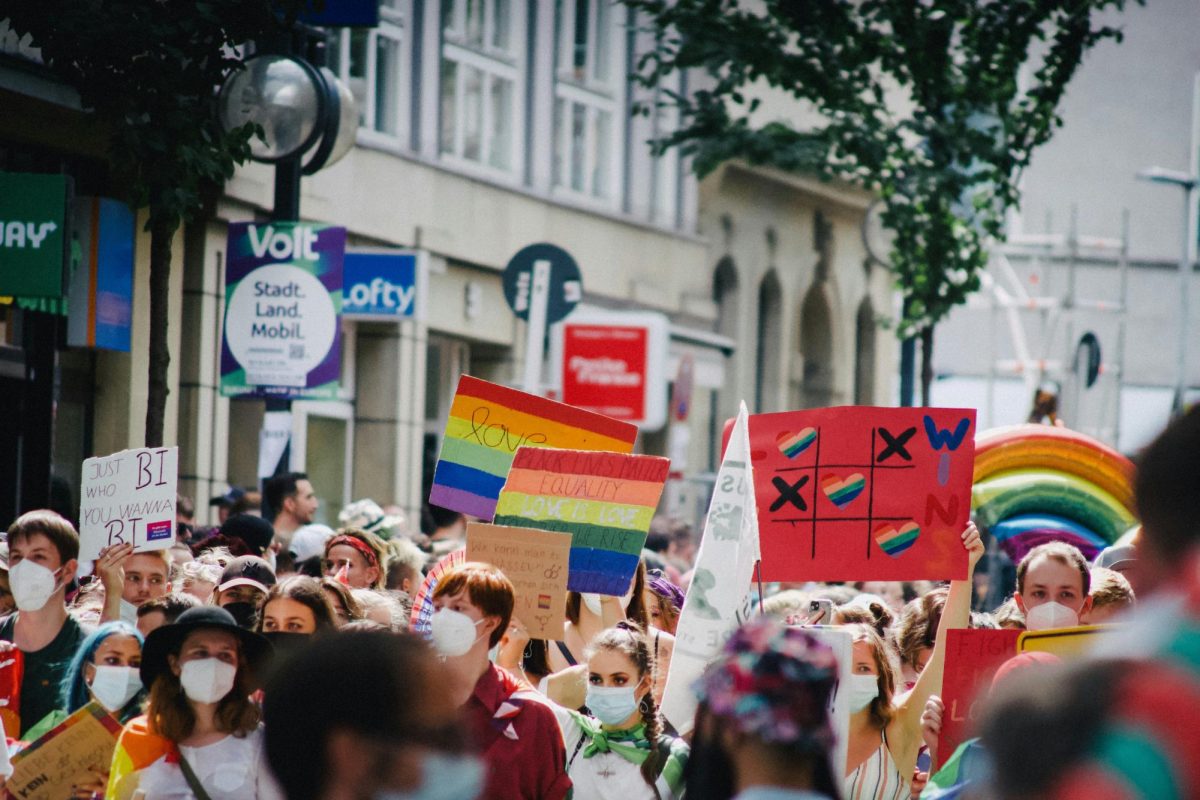When Trump was announced as the winner of the US presidential election, many people were in fear of a seismic shift in America’s political climate, but especially for those who are marginalized. As a queer and international student, I felt a mix of anxiety, confusion and fear. All of a sudden, the land I thought was rather safe and accepting, may no longer support me and others.
Going back home is an option for some, but not for queer students who live in conservative countries. Most Asian countries demonstrate explicit discrimination towards LGBTQ+ identity. The legal protection towards same-sex marriage has only been implemented by a few countries in recent years. While Thailand is acclaimed for being inclusive, the laws legalizing same-sex marriage were long pushed to be passed until last month. Other countries are worse: Singapore only abolished its law stigmatizing homosexuality last year, and South Korea does not recognize same-sex marriage. Transgender individuals also face legal difficulty changing legal documents as the process is often too long and complicated to complete.
Besides discrimination on a legal level, society also refuses to admit the existence of LGBTQ+ identity. Many deemed heterosexual as the only “normal” sexuality and cis-gender as the only option for people. Because of the long-existing stigmatization and discrimination towards LGBTQ+ identities, the majority of LGBTQ+ identifying individuals are forced to be closeted back in their home country. Before I came to Wellesley College, some warned me to not become a lesbian, as it would hurt the feelings of my deceased ancestors. Societal stigmatization towards transgender individuals is everywhere. Most Asian countries have limited or no access to gender-affirming surgeries. Moreover, medical discrimination towards transgender people is rampant: Malaysia has multiple cases of emergency room denying treatments, and verbal abuse is common in India.
While some thought coming to the US provided a safer environment, Trump’s triumph in the presidential election destroyed their hope of seeking asylum or living by their true identity in the US.
As Trump is well known for his anti-immigration policies, international students face increasing uncertainty with VISA issuance and renewal. During his first administration period, he implemented and proposed multiple policies restricting students planning to or studying in the US, including increasing scrutiny for F-1 visas, restriction on Chinese students studying in STEM fields, and replacing the duration of status visa with a fixed term visa of two to four years.
While the job market is already competitive and tight, international students face increasing pressure regarding sponsorship issues. For international students, working in the US requires both OPT and H1B. OPT allows students to work in US companies for a year (three years for STEM graduates) after graduation. H1B, on the other hand, permits students to continue working once OPT expires. Trump hammered down on previous OPT and H1B regulation during his first term. He increased the minimum wage required for H1B workers and prioritized higher-wage positions, making it hard for entry-level graduates to qualify and work in the US. His “Buy American, Hire American” Executive Order led to increasing H1B denials and more Requests for Evidence for applicants, forcing many workers to leave the US.
For international LGBTQ+ students, Trump’s presidency marks an especially challenging period. As many queer international students seek a safe place coming to the US, Trump’s restrictive immigration policies creates greater uncertainty and leads to hardship finding safe places here.




